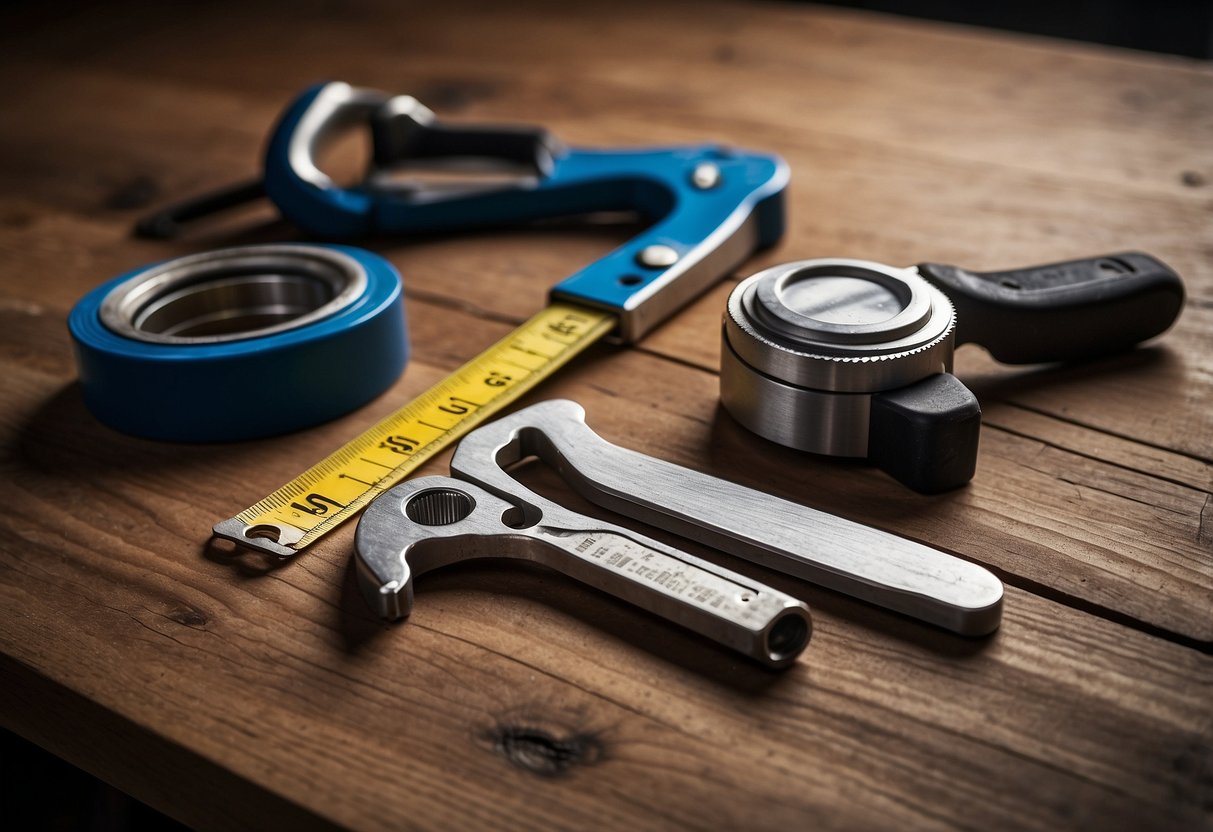The Best DIY Plumbing Tools: Essential Reviews and Usage Guide
Everyone encounters plumbing issues at some point, and having the right tools can make all the difference. Investing in quality DIY plumbing tools can save you time and money on professional services. The essential DIY plumbing tools reviewed in this post will help you tackle common problems efficiently.
Plumbing problems can range from minor leaks to more complicated issues like clogged drains. Knowing which tools to use and how to use them properly can prevent small setbacks from turning into expensive repairs. Armed with the right knowledge and equipment, anyone can carry out basic plumbing tasks with confidence.
This article will review the best DIY plumbing tools, providing insights on their effectiveness and tips for proper use. From wrenches and plungers to pipe cutters, these tools are crucial for maintaining a well-functioning plumbing system. Whether you are a novice or an experienced DIYer, these recommendations will help you handle most plumbing challenges with ease.
Understanding Plumbing Basics
Grasping plumbing basics can save time and money. Knowing different types of pipes and common problems along with their DIY solutions is an essential step.
Types of Pipes: PVC, PEX, and Copper
Pipes are the backbone of any plumbing system. PVC (polyvinyl chloride) pipes are lightweight, resistant to corrosion, and easy to install, making them popular for home projects. PEX (cross-linked polyethylene) pipes are highly flexible, resistant to scaling, and can handle both hot and cold water, suitable for complex plumbing layouts.
Copper pipes are durable and have a long lifespan, often used for water supply lines due to their ability to withstand high pressure and temperature. Each pipe type has unique strengths and is chosen based on the specific requirements of the plumbing work.
Common Plumbing Problems and DIY Solutions
Plumbing issues such as blockages, leaks, and clogs are common in households. A blocked toilet bowl can often be cleared using a plunger or an auger. Leaky pipes might require sealing with plumber’s tape or the replacement of a section of pipe.
For clogged drains, a mixture of baking soda and vinegar can often dissolve minor blockages. Plumbing tools like wrenches and pipe cutters can be invaluable for these small-scale DIY fixes. It’s important to address issues promptly to avoid a plumbing emergency and maintain a well-functioning system.
Essential Hand Tools for Every DIY Plumber

Every DIY plumber should have a foundational set of hand tools to tackle various tasks. These include wrenches of different types, pliers and pipe cutters, along with essential screwdrivers and hammers to ensure precision, power, and versatility in plumbing repairs and installations.
Wrenches: From Adjustable to Pipe Wrench
Wrenches are a basic necessity for any plumbing job. An adjustable wrench, also known as a crescent wrench, is versatile and can be adjusted to fit various nut sizes, making it ideal for tightening and loosening nuts and bolts. A pipe wrench is crucial for gripping and turning pipes.
A basin wrench is designed to reach into tight spaces beneath sinks, allowing easy manipulation of faucet connections. This tool’s long handle and pivoting jaw make it perfect for hard-to-reach nuts. Having a set of different types of wrenches ensures the ability to address multiple plumbing situations effectively.



